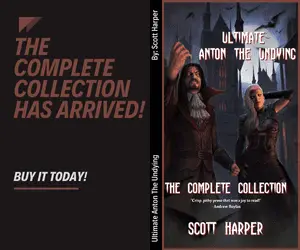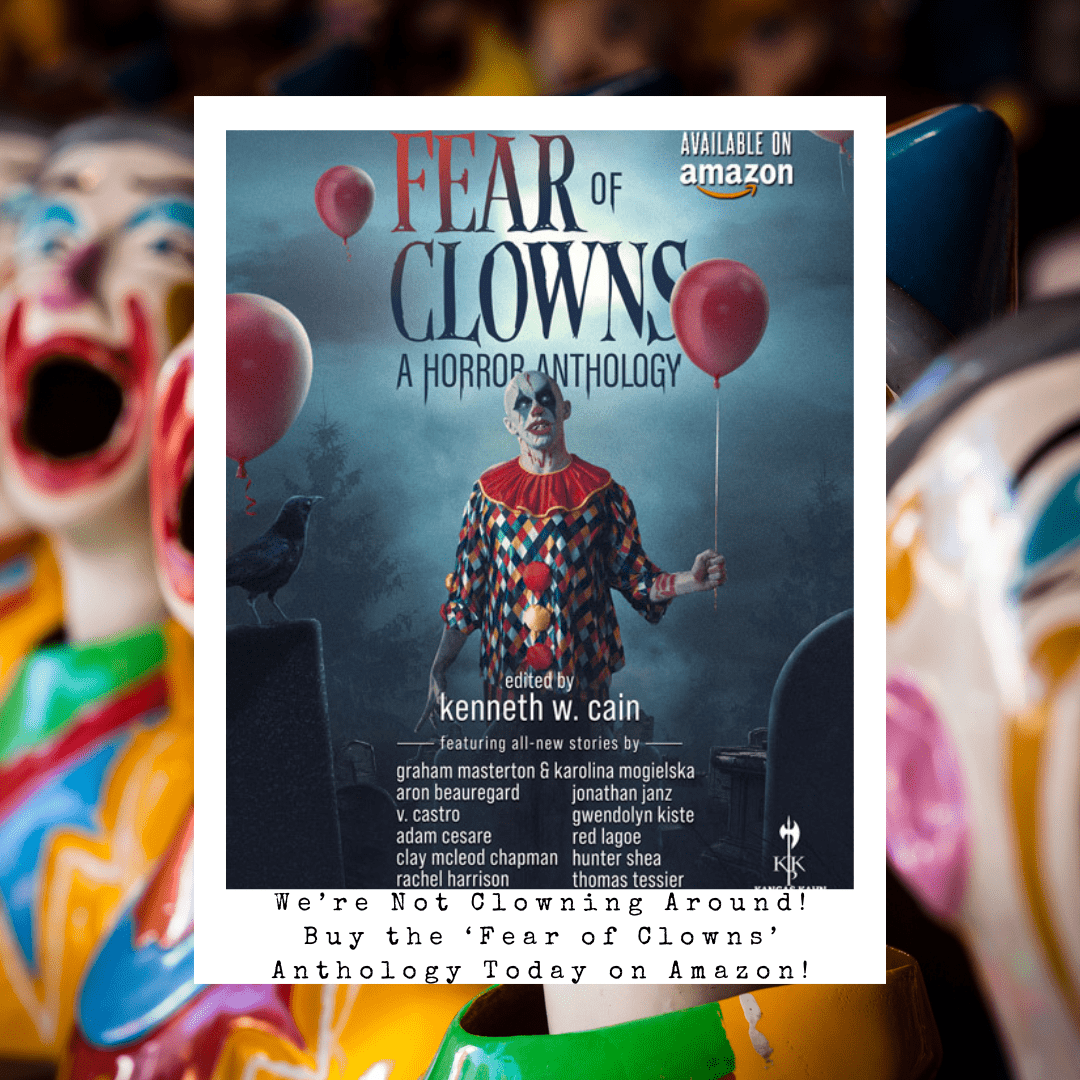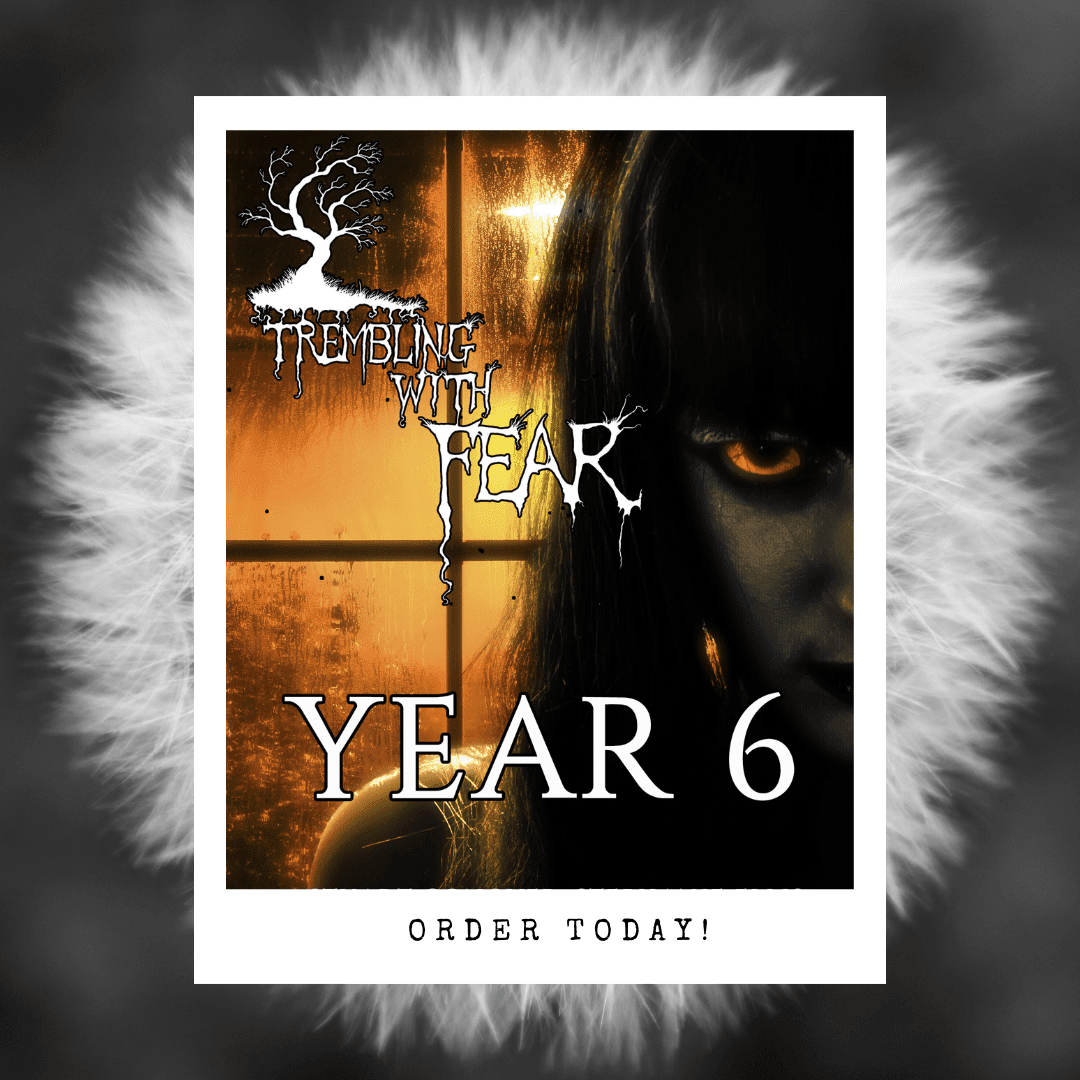The Crushing Weight of Horror: A Conversation with Emma E. Murray
The Crushing Weight of Horror: A Conversation with Emma E. Murray
By Steve Neal
I’m a fan of Emma E. Murray. Maybe fan is underselling it. Emma’s stories burrow themselves inside my head and replay their scenes of woe and grisliness when I’m sitting around absent-minded. From the bizarre beauty of A Constellation of Wounds to the disturbing eroticism of Mother of Machines, she has established herself as one of the most unique and talented voices currently in indie horror.
With the release of Crushing Snails out on August 6th through Apocalypse Party, A Performance of a Lifetime out on August 24th through Archive of the Odd, she’s set to make 2024 her biggest yet. Having read and loved both stories, I jumped at the chance to chat with her about everything from genre to gore to growing up.
Emma E. Murray explores the dark side of humanity in her fiction. Her work has appeared in publications like Vastarien, Strange Horizons, and Cosmic Horror Monthly. Her debut collection, The Drowning Machine and Other Obsessions, will be out February 21, 2025 from Undertaker Books, and her second novel, Shoot Me in the Face on a Beautiful Day, will be out summer of 2025, from Apocalypse Party. When she’s not writing, she’s either playing pretend with her daughter or her D&D group.
Follow her:
Website: https://emmaemurray.com/
Twitter: https://x.com/emurrayauthor
Instagram: https://www.instagram.com/emmaemurray_
…On Crushing Snails as her debut novel
It is my baby. It’s the story that I had to tell and has been in me for so long, so it is my book baby, and for it to be my first born? It’s so important to me. This is the story I really want people to know I wrote.
…On Crushing Snails being “extreme” horror
It’s not extreme in the way that most people think of in that it’s not fun. There’re gory scenes but they don’t revel in the violence, they’re upsetting, they’re supposed to be upsetting! There’s a hopelessness, a lack of agency for the characters because they’re minors.
I think a great comp for it is Jack Ketchum’s Girl Next Door. You know, that’s a book that people say is really upsetting and isn’t fun at all and a lot of people don’t like it, but the people who like it see what he was going for and it was necessary for it to be such an upsetting time.
…On setting Crushing Snails in the suburbs
It’s a really important thing for me actually in a lot of my writing—to show middle- and working-class people who are “normal” people experiencing these things. A lot of times it’s either like The Hills Have Eyes-eque backwoods hillbillies, or rich people committing sacrifices in their mansions. And I think, you know, throughout my childhood I was both middle class and lower class at different points and the things that happen behind closed doors are crazy. You think nobody else is going through anything, but the more you get to know people you realize most people are and have experienced crazy shit. And that’s true of the suburbs, that’s true everywhere.
…On understanding the human side of violence for writing
I have serial killers in a lot of my stories and I still have stories like that in my mind because I’m really interested in case studies of childhood’s of serial killers and why do they become who they are. So, even if I don’t explore the childhood in the story that’s a really big thing to me, reading about these different experiences that real people have gone through and why did they turn out that way when other people go through similar things and don’t, everything basically has to be a perfect storm to create people like that. It’s nature and nurture, right? There are plenty of people who are naturally disposed to be sociopaths but don’t murder people, and then there’s people who grow up in abusive households and don’t murder people, so everything has to hit exactly right, and I find that fascinating and incredibly sad.
A lot of Crushing Snails is actually about how society fails people. A lot of the things in that perfect storm are preventable. If we cared about people, and cared about people’s mental health, in the United States, especially, maybe all these things wouldn’t happen.
…On depicting mental illness
I really wanted it to be accurate for a fictional book. It’s really important to me that mental illness isn’t trope-ified in my writing, it really bothers me when that happens. I would hate for it all to be depicted in that felt cheap or played for scares—and not just diagnosable mental illness, but also family dynamics, and how abuse affects different people.
…On where she finds inspiration
I’m a true crime buff, so I always pull cases that fascinate me into things. There’s the Alissa Bustamante case that’s like a really interesting case. Also, the James Bulger case in England. Those types of cases fascinate me. What made them like this? They seemed normal. And how much understanding do people who have under-developed brains have—everyone who’s under 25, their brains aren’t all the way developed yet, how does morality look different for them?
I love to read non-fiction books and scholarly articles about the psychology of killers and violent people in general. I’ve read probably hundreds of books and articles over the years, because Crushing Snails was a book I’d been wanting to write for about a decade before I did. So, it was partially the culmination of years of research.
A lot of movies as well. The movies that inspire me aren’t necessarily horror movies. They’re movies that are just kinda disturbing, like Henry Portrait of a Serial killer, people say that’s not a horror movie.
“Where Are You Going, Where Have You Been?” by Joyce Carol Oates is one of the scariest things I’ve ever read in my life. It’s based on a real thing that happened, and it doesn’t show any of the scary things, it’s all anticipation. It’s a big inspiration for me with everything I write because that story just got me so much.
#
Praise for Crushing Snails:
“A shocking and utterly harrowing examination of the creation of a murderer. Although Crushing Snails excels in many areas, this novel is perhaps most skillful at effectively illustrating the very human compulsion for violence and depravity. Murray’s excellent novel showcases the very human possibility of carnage—the horrifying prospect of brutality—when curiosity is sated and when we finally surrender to our most feral desires.”
—Eric LaRocca, author of Things Have Gotten Worse Since We Last Spoke
“A nightmare of power and control, or perhaps even something more wayward. Crushing Snails is provocative and demanding, spiraling and unapologetic. Emma Murray is an exciting emerging voice in horror challenging what is normal and what is safe.”
—Cynthia Pelayo, Bram Stoker Award-winning author of Crime Scene












